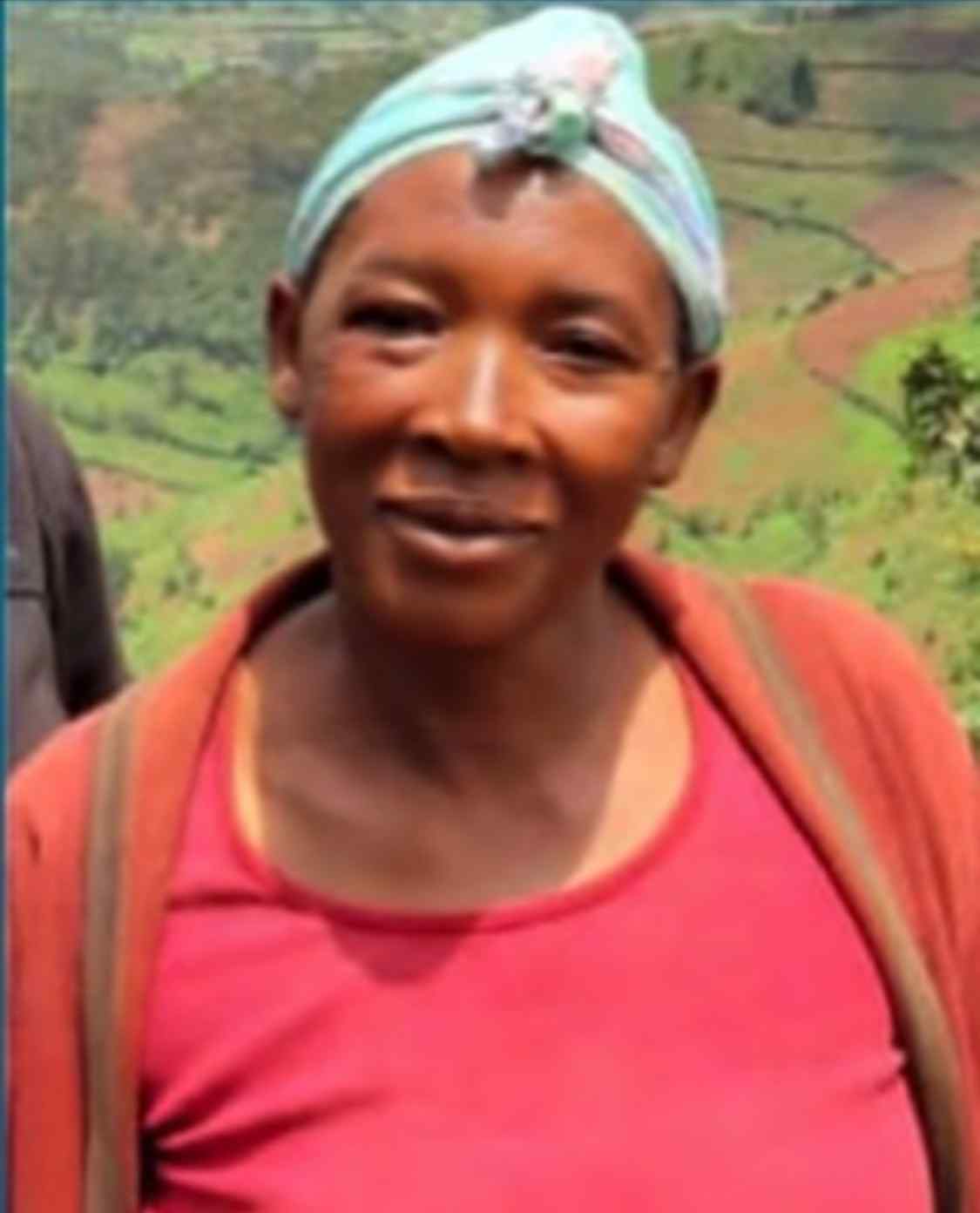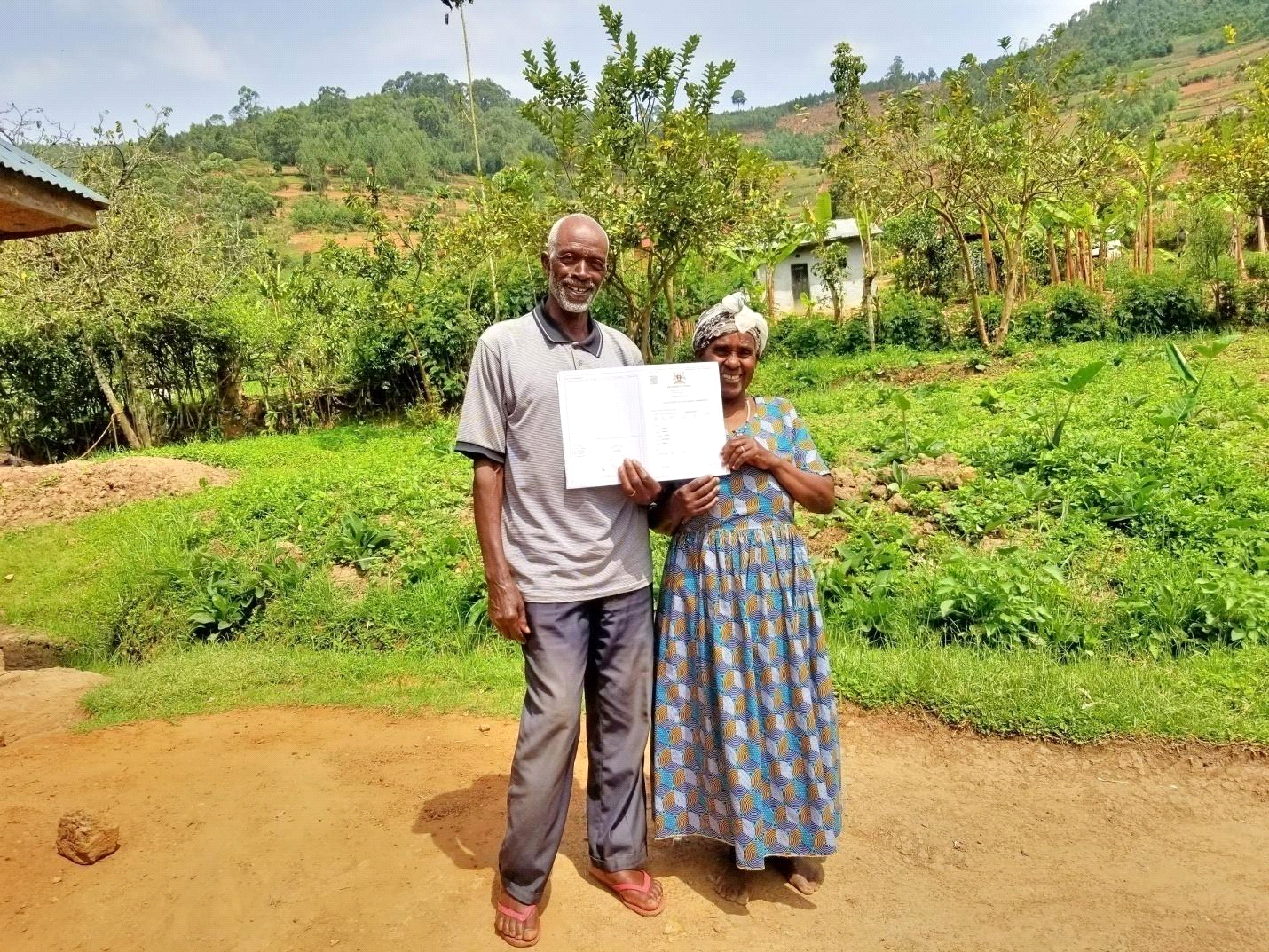Uganda has one of the youngest and most rapidly growing populations in the world, with half being age 15 or younger. Although GDP growth remains robust (6.8% in 2019), it has slowed overall since 2016 due to natural disasters, persistent global geo-political tensions, uncertainty around trade policies, and softening domestic private sector investment. Uganda also faces low productivity, which is hampered by a number of supply-side constraints, including insufficient infrastructure, lack of modern technology in agriculture, and corruption. FDI in Uganda reached an all-time high of US$1.3 billion in 2019. This significant FDI reflects governmental effort in improving the investment climate, but barriers such as infrastructure failure and bureaucracy still exist.
About Uganda
More
The country remains a predominantly rural society, with 72.5% of its population living in rural areas.
Despite the fact that Uganda has achieved remarkable results in reducing poverty (mainly driven by the agriculture sector), the poverty rate rebounded in 2016 and 2017, and inequality has changed little. Furthermore, as a host country for refugees from neighboring states, Uganda may suffer even more resource constraints.
Health outcomes are constantly improving in Uganda, especially for child and maternal health. The country is ahead of most African neighbors in providing free universal access to state health facilities beginning in 2001. In education, even though the Universal Primary Education (UPE) policy was launched in the last century, Uganda has long had one of the highest elementary school dropout rates in the world. Over half of the students remain illiterate due to low teaching and learning quality. Women in Uganda still face discrimination and marginalization due to the slow change in attitudes about women in society and the culture and practices of public institutions.
Our Impact
IIRR’s impact in Uganda over the years
2006
42144
14411
1260
Story from the field
Securing Land Tenure among Smallholder Farmers – Southwest Uganda
IIRR’s Securing Land Tenure Among Smallholder Farmers project in Southwestern Uganda helps smallholder farmers acquire documented evidence of land ownership in the form of Certificates of Customary land Ownership (CCOs).

Kyomuhendo Roibah, 45, lives in Kishaze village, Rwanyana Parish, Rubaya Sub County in Kabale district. Kyomuhendo’s husband passed away in 2017, leaving her with 9 children (4 boys and 5 girls). 2 of the children are already married, 1 is pursuing a teaching course in Kigongi Primary Teachers’ College, 4 are in primary school, and 2 are still in nursery school.
Kyomuhendo’s land is approximately 2 acres where her marital home is situated. She also cultivates the rest of the area to grow various crops including, Irish potatoes, beans, sweet potatoes, sorghum, passion fruits, and cabbage. She says that farming is helping her to earn an income and feed her family on a balanced diet.
As a widow, Kyomuhendo always felt insecure. Her in-laws demand to take up the property and take care of the estates, leaving her with a small chunk to grow just food for consumption.
”In July 2018, I attended a sensitization meeting at Rwanyena Trading center where I got advice and courage to register my land, at just 10,000 Uganda Shillings. I applied and registered the land where my house is located. The fear I have been living in is no more!
Kyomuhendo Roibah

77-year-old Muteganda Evarist and 75-year-old Christine Hamukunzi Muteganda, participants in Securing Land Tenure for Smallholder Farmers project.
Want to know more?
Explore our program on Securing assets and Financial security in Uganda
Securing assets and Financial security in Uganda
These projects primarily focused on helping Ugandan farmers secure land tenure and access to financial institutions



